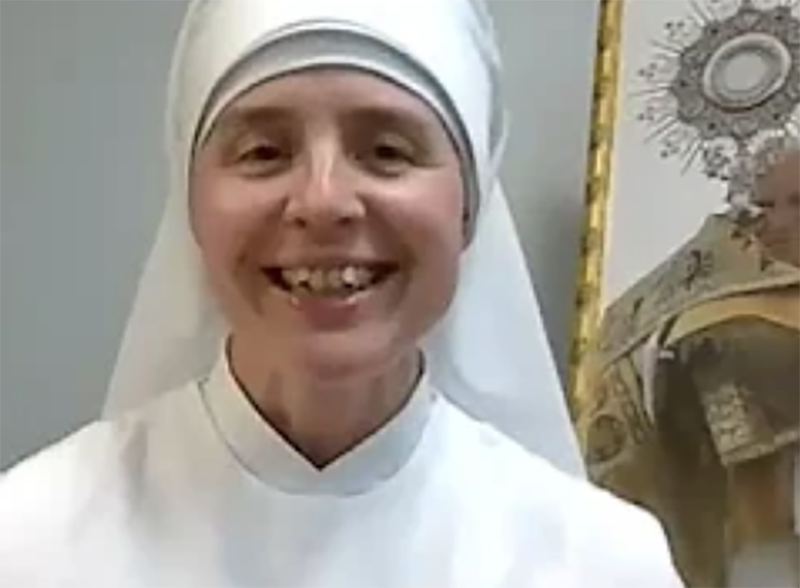

https://www.youtube.com/watch?v=NGLR3c5hxZo
Contact Us
We want to hear from you. If you have a general question about our congregation or Saint Jeanne Jugan, or would like vocation-related information, please submit your question here. If your question or request pertains to a specific Home (esp. admissions or donations), please email that Home directly. See locations. Thank you!



